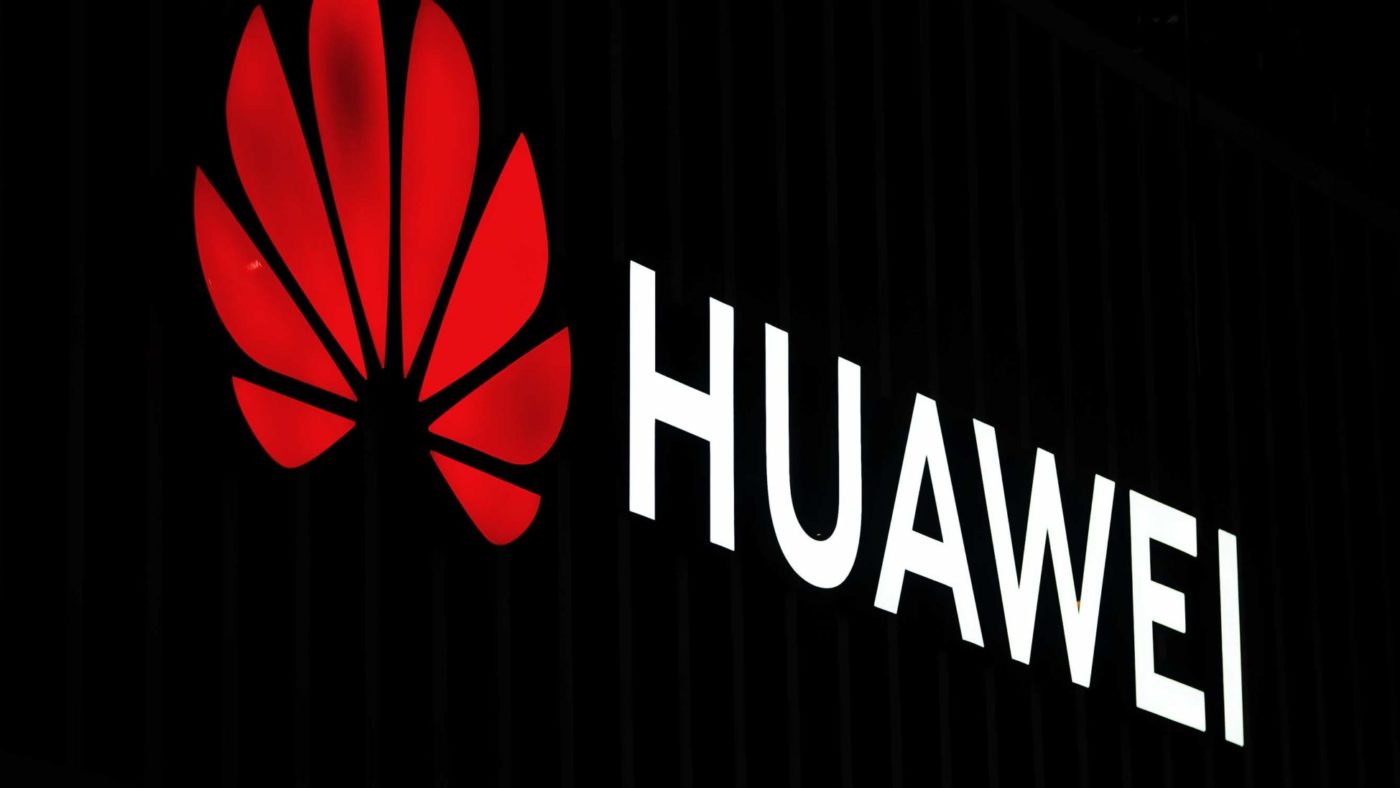Much of the comment and advice about whether Huawei should be allowed to operate in the US, the UK and other Western countries ignores the fact that the position in the United Kingdom is, unavoidably, more complicated than in other countries.
Huawei has been in the UK since 2005. Its equipment and technology have been used by BT for part of their telecommunication infrastructure. Transmission and access equipment, including routers, were supplied by Huawei and were deployed across the network from January 2007.
Telecommunications are, of course, part of our Critical National Infrastructure. When I was Chairman of the Intelligence and Security Committee (ISC) we decided, in 2013, to investigate how this partnership had come about and whether the national security implications had been properly considered by the Government of the day.
What we discovered was truly alarming. Although BT had informed the Cabinet Office as early as 2003 of Huawei’s interest in becoming involved in UK telecommunications, the Cabinet Office did not refer the issue to ministers or even inform them until 2006 a year after the contract between BT and Huawei had been signed.
At first, the ISC was told that Ministers were not consulted because there was no legal basis that would have allowed them to veto Huawei. Officials then admitted that the main reason was that they were concerned that the potential trade and diplomatic consequences of blocking Huawei would be too severe.
When the Government did become aware they insisted on a Cyber Security Evaluation Centre (known as the Cell) being established the cost of which would be born by Huawei. The Cell is staffed by security-cleared UK personnel whose loyalty is to HMG. They have provided constant monitoring to try to ensure that Huawei does not abuse their position. The Cell only became fully operational in 2011.
While this management of the risk appears to have been fairly successful and reassuring it is not 100 per cent reliable and concerns have been expressed from time to time.
The current controversy is more serious as Huawei involvement in 5G, if it was abused, would have even more serious implications for our national security than BT’s telecommunications infrastructure would do.
I have considerable sympathy for the Prime Minister and her ministerial colleagues in the decision they have to reach. Some of the considerations are political and diplomatic because of the very strong and unambiguous pressure from the United States that Huawei should be excluded from all Western countries. It could have implications for the sharing of intelligence if one of its allies was to permit Huawei into 5G provision.
I was present at Lancaster House when US Secretary of State Pompeo made these points in the Centre for Policy Studies Margaret Thatcher Lecture on Wednesday. He even claimed that Mrs Thatcher herself would have agreed with President Trump on the issue if she had still been around.
I was tempted to tell Secretary Pompeo that when I had been Minister of State at the Foreign Office in the 1980s Mrs Thatcher had sent me to Washington to tell the US that she could not agree with one of President Reagan’s policies that would harm the UK — and that the US should stop trying to force us to agree with them. On that occasion, the US withdrew their proposal.
But the problems for ministers are not just diplomatic, or because of political pressure from the White House. No one in our intelligence agencies disputes that there could be a risk to our national security if Huawei are allowed to provide equipment for 5G. There are, however, often risks which all Governments have to live with. The real question is whether the risk can be managed as we have sought to do with the Cell monitoring Huawei and BT since 2011.
I do not feel able to give the Government an unqualified recommendation as to what they should decide. If I was a Minister on the National Security Council I would look to the heads of our intelligence agencies to advise on two matters.
Firstly, if Huawei was pressurised by the Chinese Government to abuse their involvement in 5G how much serious damage could they do to our national security? Secondly, to what extent are there measures available, like the existing Cell, that would enable us to find out if Huawei were misbehaving and stop them doing so.
If our intelligence chiefs gave a thumbs down then the Government should not hesitate to ban Huawei from 5G in the UK. If the intelligence advice was unanimous and reassuring that the risk could be managed there would still be a political judgment that would have to be made: would our wider co-operation with the US on intelligence issues made it sensible to join with them and other friendly countries in enforcing a ban?
As we have seen on other issues there are occasions when you cannot simply point to a right decision or a wrong decision. Sometimes all options are disagreeable and you have to choose the least bad available.
CapX depends on the generosity of its readers. If you value what we do, please consider making a donation.


